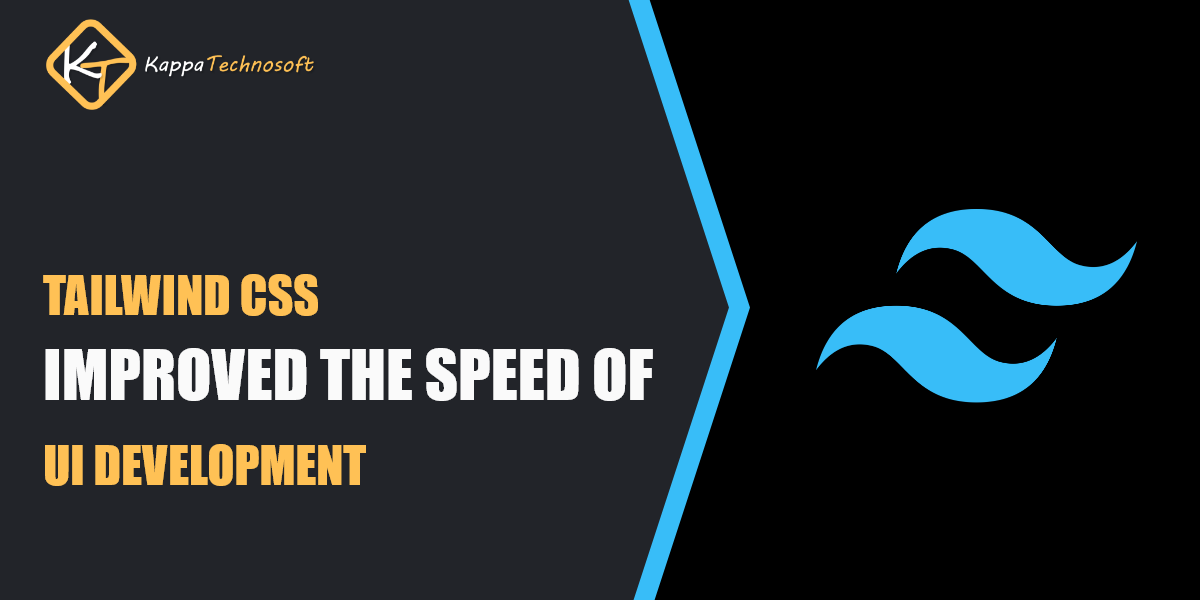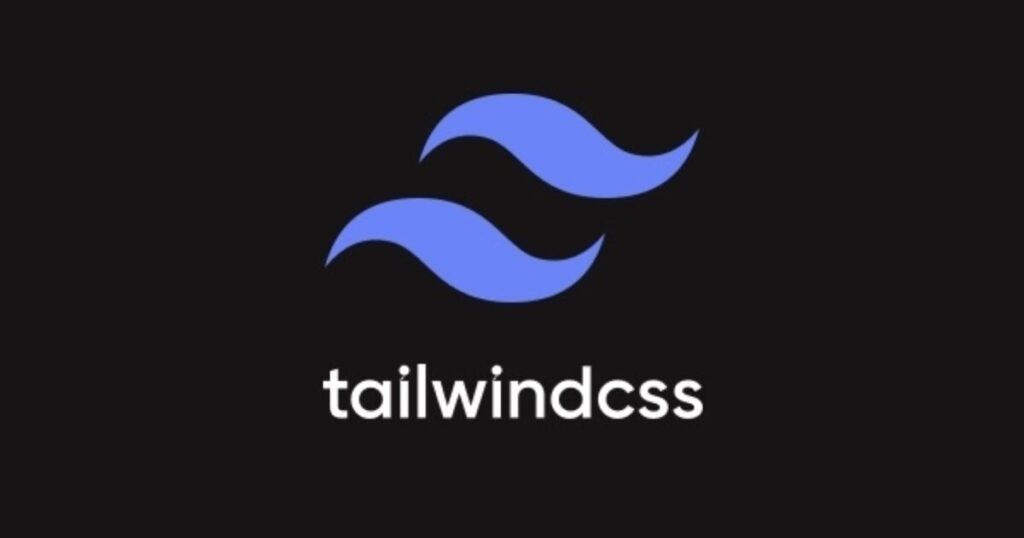
In the fast-paced world of frontend development, time is everything. As a developer juggling multiple projects, one tool completely changed how I approach building interfaces: Tailwind CSS. Not only did it streamline my workflow, but Tailwind CSS improved the speed of UI development by an astonishing 70%. Let me break down how it did that — and why you should consider making the switch.
What is Tailwind CSS?
Tailwind CSS is a utility-first CSS framework that lets you build custom user interfaces quickly by using utility classes directly in your HTML. Instead of writing custom CSS, you apply classes like flex, pt-4, or bg-blue-500 right where they’re needed.
This eliminates context-switching and gives you complete control over styling — which massively speeds up UI development.

1. Utility-First = Less Context Switching
Before using Tailwind, I would:
- Write markup in HTML/JSX
- Switch to CSS or SCSS files
- Add custom class names
- Manually tweak properties
- Repeat endlessly
With Tailwind CSS, I build and style components inline — no back-and-forth. This means:
- Fewer files to manage
- No naming convention headaches
- No guessing which class is where
Tailwind CSS improved the speed of UI development by keeping everything in the same place. It’s a flow-friendly dream.
2. Design Tokens Are Baked In
Tailwind comes with a preconfigured design system:
- Spacing scale
- Font sizes
- Color palette
- Responsive breakpoints
No more fiddling with px, em, or inconsistent margin values. You use consistent tokens like p-4, text-xl, or mt-6, which:
- Enforces design consistency
- Reduces decision fatigue
- Makes UIs easier to maintain
Again, this is a major way Tailwind CSS improves the speed of UI development without sacrificing quality.
3. Faster Prototyping = Quicker Feedback
Using Tailwind, I can build functional, styled prototypes in minutes. It’s so fast that:
- I show clients interactive mockups early
- Make real-time updates in meetings
- Reduce revision cycles
By eliminating delays in the design–dev handoff, Tailwind CSS helped me speed up UI development by over 70% on average projects.
4. Component-Friendly & Reusable
Tailwind’s utility classes work beautifully with React, Vue, and other modern frameworks. You can:
- Build clean, reusable components
- Avoid over-specific CSS rules
- Easily extract or refactor styles
This supports scalability and improves team collaboration, while continuing to improve the speed of UI development as the project grows.
5. Built-In Responsiveness and Customization
Responsive classes like md:flex, lg:grid, or sm:hidden mean you don’t need to write custom media queries. Combine that with Tailwind’s @apply directive and config file customization, and you’ve got a toolkit that:
- Adapts to any project size
- Scales with your needs
- Keeps styling consistent and efficient
It’s no wonder that Tailwind CSS improved the speed of UI development even on complex, multi-screen applications.
Final Thoughts: Tailwind = Speed Without Sacrificing Control
Switching to Tailwind CSS was like switching from walking to flying. My UI build times shrank, my codebase became cleaner, and my workflow finally felt modern.
If you’re still spending hours writing and rewriting CSS, give Tailwind a shot. You’ll not only write less code — you’ll get faster, better results.
In my case, Tailwind CSS improved the speed of UI development so significantly that I can’t imagine building without it.
If you want to build a Website please contact us, So, we can get your idea into reality in the world.
